Grief is not…a “two steps forward, one step backward” kind of journey; it is often one step forward, two steps in a circle, one step backward. It takes time, patience, and, yes, lots of backward motion before forward motion occurs. – Dr. Alan Wolfelt
Losing someone we love is one of the most heartbreaking and difficult events we will ever face in life. While death deprives us of a loved one’s physical presence, that doesn’t mean we’ve lost everything we love about the person. Our relationship becomes one based on memory rather than physical presence. As Dr. Wolfelt states above, the grief journey is a meandering way, filled with many steps. And part of the journey is
traveling back into our memories in order to move forward
toward reconciliation with our loss. That said, our loved one may be gone, but their memory need never die. Below are several ways you can remember and honor your loved one’s memory long after they have gone on.
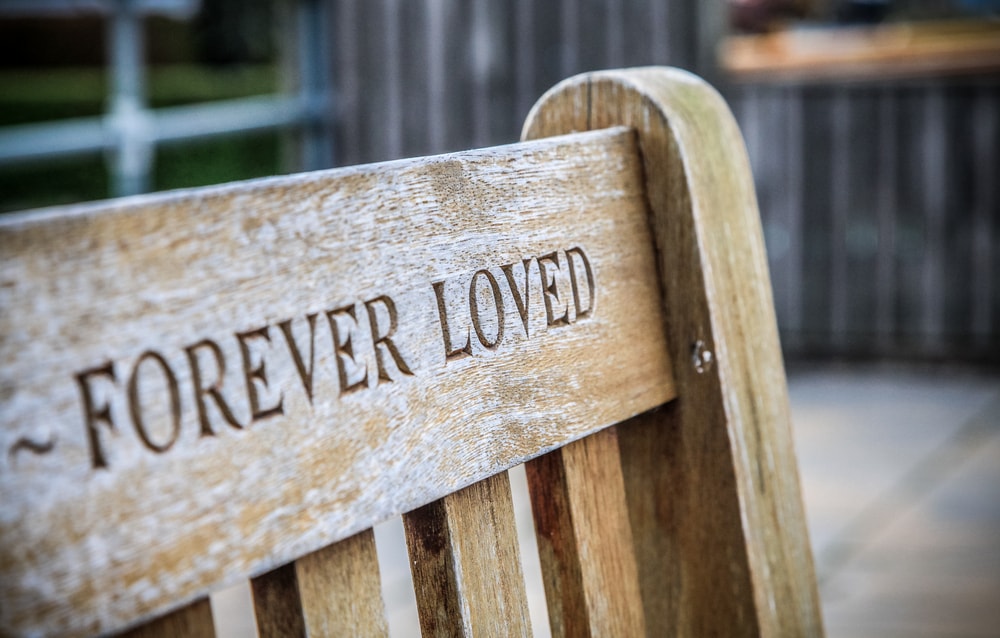
1. Celebrate your loved one’s birthday
The
first birthday after your loved one has passed can be a painful a milestone. But it can also be a special time set aside to honor the one you love. Every year, take a few moments to be thankful for the life they lived and the positive ways they impacted you. You can look back on the wisdom shared, the joyful moments, the love and support you received, and you can honor those memories by sharing that wisdom, love, and support with others.
2. Host a dinner in their honor
Choose a special day (birthday, anniversary, Mother's Day, for example) to honor your loved one’s memory by inviting a group of friends to dinner. You could hold it at the person’s favorite restaurant or craft a menu of dishes that your loved one particularly enjoyed, then share memories and receive support from friendships in your life.
3. Get involved
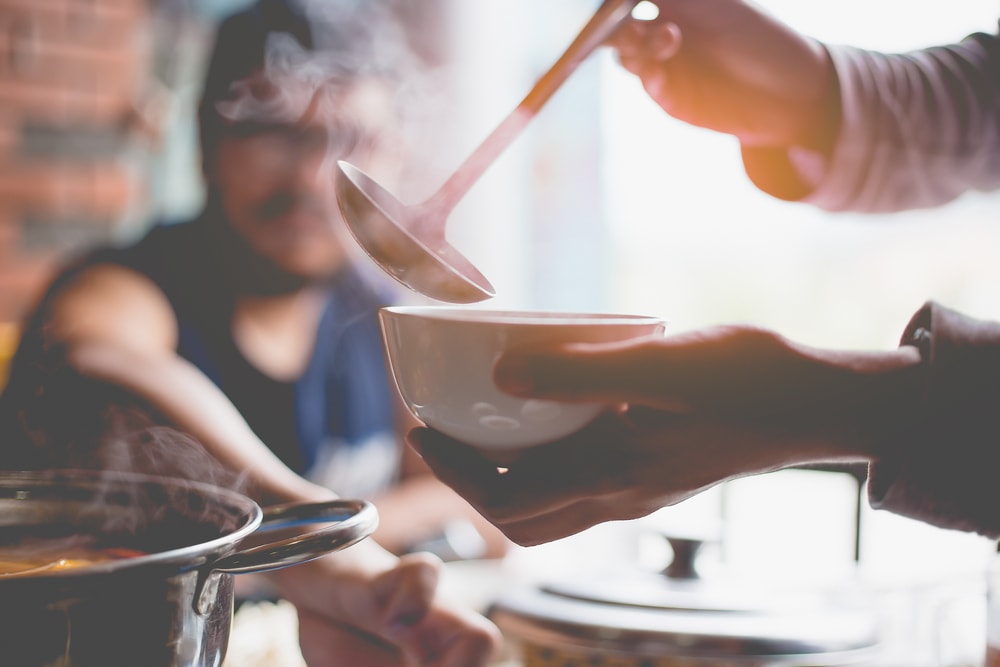
If your loved one favored a particular organization or charity, you can get involved with that group as a way of continuing your loved one’s legacy. Or, if they weren’t involved with a particular group, think about what they loved. Were they a teacher? Provide
backpacks full of school supplies to kids in need. Did they enjoy walking at a particular park? Volunteer your time to maintain the park by picking up litter or ask about upkeep and/or gardening. Did they volunteer at the local soup kitchen? Consider volunteering and invite a few friends to join you.
4. Set up a permanent memorial and visit regularly
For those who are grieving, it’s often helpful to have a place to go where you feel close to the one you’ve lost. For many people, a
memorial or gravesite becomes that special place. If there is not a gravesite, installing a memorial bench at a significant place or planting a memorial tree may be an alternative. You could even include a memorial plaque so that anyone who passes by will be touched by your loved one’s life.
5. Create a memorial video/memory box
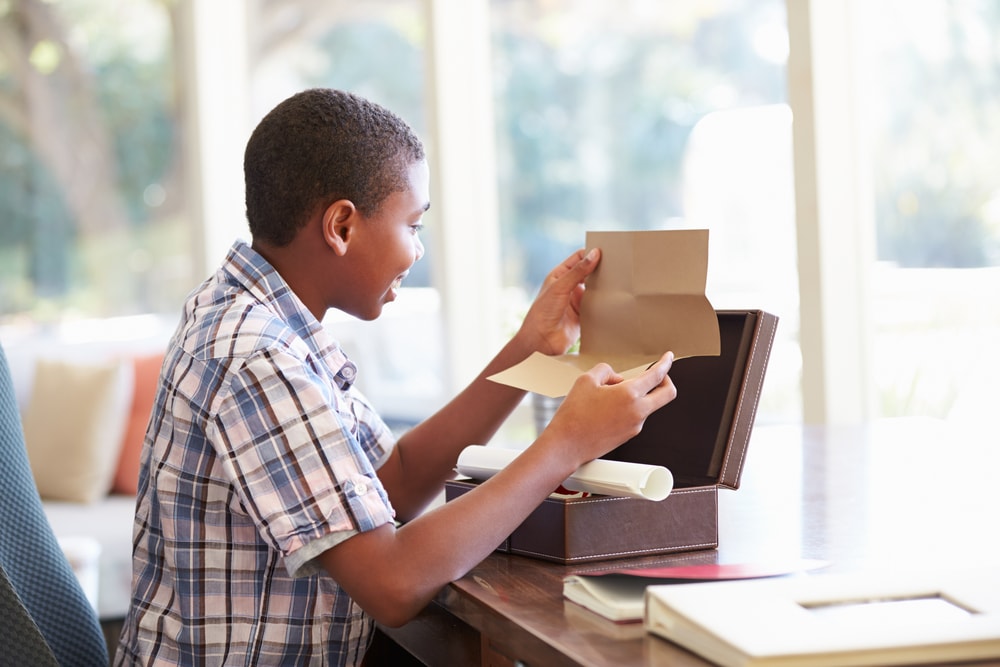
This activity may be especially helpful for those with young children. Children’s memories fade over time, so a memorial video or memory box can help a child hold onto memories and form a connection with the person they love and miss. The child can see his or her loved one regularly and watch the video as much as needed. With a memory box, they can touch and hold items that once belonged to the person who died and create a connection in that way.
6. Create your own tradition
If your loved one enjoyed dominoes, play dominoes on their birthday. If your loved one enjoyed action movies, set up a monthly night to watch the newest one. Let’s say your loved one enjoyed reading westerns – commit to reading one a year in their memory. Did your loved one just adore bananas? Set up an evening of banana-flavored foods with friends. Banana bread. Strawberry-banana smoothies. Banana pudding or pancakes. Your grandmother’s banana punch. The possibilities are as unique are your loved one.
7. Visit special places

If you and your loved one had places you always enjoyed going together, continue to visit those places. Did you have a favorite coffee shop or bookstore? Perhaps a favorite vacation destination or
state park? Go to those places and enjoy yourself while also setting aside time to remember your loved one. You might even consider writing them a letter each time you visit, telling them about a specific time you visited together or sharing how much you miss them.
Death does not stop us from loving those we’ve lost. The love stays with us. The relationship you shared is important and worth remembering and sharing with others. We all need an outlet to express what we are feeling on the inside, and these activities will help you do that. By taking part in any or all of these activities, you will feel closer to your lost loved one and create forward motion in your grief journey.
When I have moved beyond you in the adventure of life,
Gather in some pleasant place
And there remember me with spoken words, old and new.
Let a tear fall if you will, but let a smile come quickly
For I have loved the laughter of life.
Do not linger too long with your solemnities,
Go eat, and drink, and talk
And when you can — Follow a woodland trail
Climb a high mountain
Sleep beneath the stars
Swim in a cold river
Chew the thoughts of some book that challenges your soul
Use your hands some bright day to make a thing of beauty.
Or to lift someone’s heavy load.
Though you mention not my name,
Though no thought of me crosses your mind
- I shall be with you.
by
REV. ARNOLD CROMPTON
Throughout our lives, we participate in
rituals. In some cases, we may not even know that we are taking part in a ritual. At weddings, we toss the bouquet. And there’s the old adage for brides: something old, something new, something borrowed, something blue. We all have our holiday traditions (rituals) that we look forward to year after year. Graduation ceremonies are another wonderful example of a ritual that marks a milestone in life. And birthdays – most of us celebrate them yearly with either great or modest, and sometimes reluctant, fanfare. And, for those who are spiritual, holy days throughout the year are full of ritual, tradition, and significance.
But what does the term “ritual” really mean? The word has Indo-European roots and means to “fit together.” It is related to words like “order,” “weaving,” and “arithmetic.” All of these words involve fitting things together to create order. Rituals fit, or put, things back together. This is especially important for a meaningful and healing funeral experience.
When a loved one dies, it makes sense to turn to rituals to help us put our lives back together again. Grief is chaotic and disorienting. It rips our world apart. In fact, the word “bereaved” comes from the root “reave,” which means to be robbed by force. “Grieve” stems from French root “grever,” meaning to burden, afflict, or oppress. The
elements of a healing funeral are rituals that work together to restore order to our lives after everything is torn apart by the chaos and pain created by the death of someone loved.
The Comforting Nature of Rituals

Even with a clearer definition, the question still remains, what is it about rituals that is so comforting?
They encourage us to remember
To begin with, rituals connect us to the past and provide stability for the future. As we remember what has gone before, we are comforted by those memories. At Christmas, we often find joy in remembrance of Christmases past. At funerals, we seek to remember, to value, and to honor the life of a uniquely special person.
They bring us together
Rituals also bring us together as families and communities. Whether it is gathering for Good Friday services or joining in the town’s Fourth of July parade every year, we come together, we support each other, and we find unity.
They offer us peace

In many ways, by taking part in rituals, we actively seek peace within ourselves. For example, it gives us a measure of internal peace to pray when someone is sick or injured. Or, after someone we love has died, we receive comfort when we visit their final resting place or do something special and significant on the day of their birth or death. By taking part in ritual, an intentional habit to recall and reminisce, we find comfort and a release for our pain.
They give us focus
By participating in powerful rituals, we gain a sense of focus. We take our eyes off ourselves and see beyond our own difficulties. If you decide to volunteer at a local soup kitchen in tribute to a lost loved one, you are not focused on your own needs but on the needs of another.
They help us in our search for meaning
And finally, rituals play a significant role in our search for meaning. Religious rituals are part of an inner search for meaning and purpose. A search for meaning is found in natural, normal rituals: visiting the graves of lost loved ones, reciting vows at a wedding, and celebrating a significant day. We are all constantly searching for significance and purpose, and rituals are a powerful tool in the search.
The Funeral Ritual
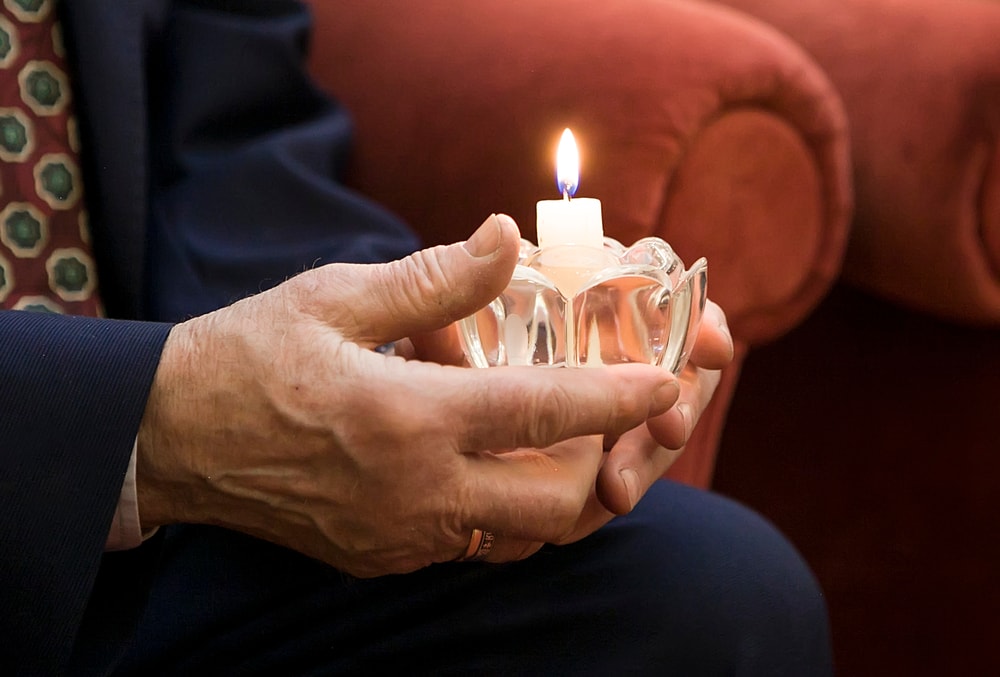
In much the same way, the funeral is a ritual that humankind has participated in since the beginning of time. Noted author, counselor, and grief expert, Dr. Alan Wolfelt, puts it this way:
“
The funeral ritual, too, is a public, traditional and symbolic means of expressing our beliefs, thoughts and feelings about the death of someone loved. Rich in history and rife with symbolism, the funeral ceremony helps us acknowledge the reality of the death, gives testimony to the life of the deceased, encourages the expression of grief in a way consistent with the culture’s values, provides support to mourners, allows for the embracing of faith and beliefs about life and death, and offers continuity and hope for the living.”
By taking part in
the elements of a meaningful and healing funeral service, we participate in the long-held and
necessary tradition of the funeral. By taking time to mourn, we learn to reconcile with grief and move forward to find continued meaning in life.
Funerals encourage us to remember those we have lost. They bring us together as families, friends, and communities. They offer us peace as we are faced with the reality of our grief and begin to reconcile ourselves to it.
Symbols – lighting candles, wearing dark clothing, attending services – give us focus and intentionality. And perhaps most of all, they help us in our search for meaning, our search to understand where we come from and who we are.




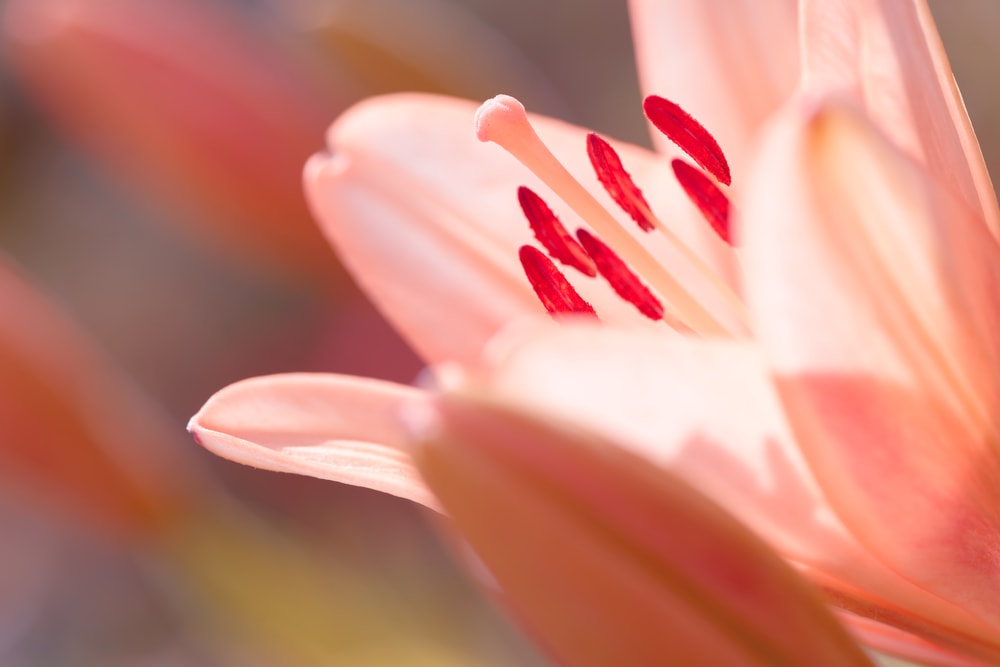
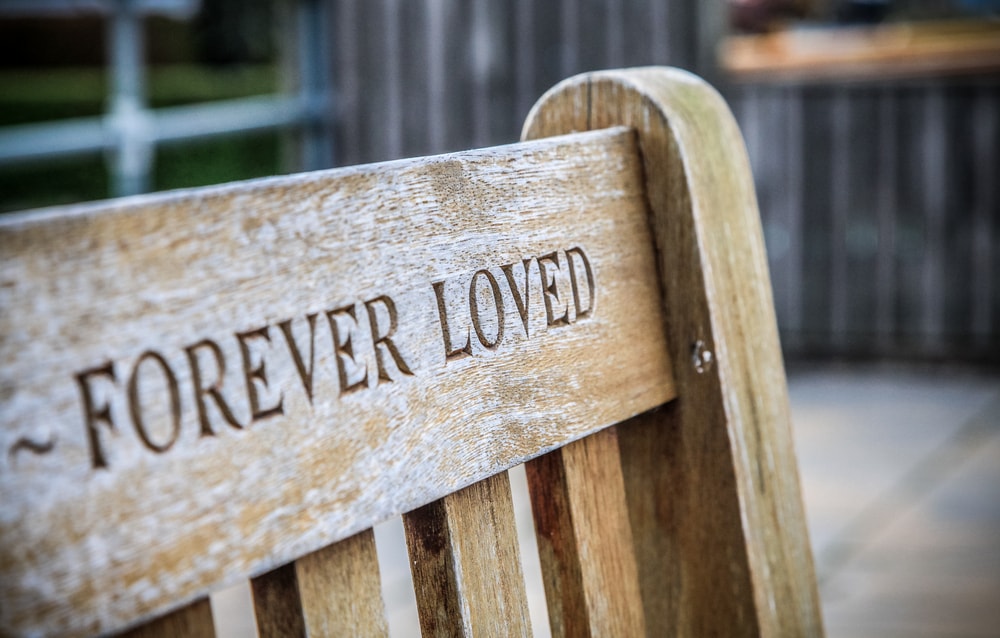

 If your loved one favored a particular organization or charity, you can get involved with that group as a way of continuing your loved one’s legacy. Or, if they weren’t involved with a particular group, think about what they loved. Were they a teacher? Provide backpacks full of school supplies to kids in need. Did they enjoy walking at a particular park? Volunteer your time to maintain the park by picking up litter or ask about upkeep and/or gardening. Did they volunteer at the local soup kitchen? Consider volunteering and invite a few friends to join you.
If your loved one favored a particular organization or charity, you can get involved with that group as a way of continuing your loved one’s legacy. Or, if they weren’t involved with a particular group, think about what they loved. Were they a teacher? Provide backpacks full of school supplies to kids in need. Did they enjoy walking at a particular park? Volunteer your time to maintain the park by picking up litter or ask about upkeep and/or gardening. Did they volunteer at the local soup kitchen? Consider volunteering and invite a few friends to join you.
 This activity may be especially helpful for those with young children. Children’s memories fade over time, so a memorial video or memory box can help a child hold onto memories and form a connection with the person they love and miss. The child can see his or her loved one regularly and watch the video as much as needed. With a memory box, they can touch and hold items that once belonged to the person who died and create a connection in that way.
This activity may be especially helpful for those with young children. Children’s memories fade over time, so a memorial video or memory box can help a child hold onto memories and form a connection with the person they love and miss. The child can see his or her loved one regularly and watch the video as much as needed. With a memory box, they can touch and hold items that once belonged to the person who died and create a connection in that way.
 If you and your loved one had places you always enjoyed going together, continue to visit those places. Did you have a favorite coffee shop or bookstore? Perhaps a favorite vacation destination or state park? Go to those places and enjoy yourself while also setting aside time to remember your loved one. You might even consider writing them a letter each time you visit, telling them about a specific time you visited together or sharing how much you miss them.
Death does not stop us from loving those we’ve lost. The love stays with us. The relationship you shared is important and worth remembering and sharing with others. We all need an outlet to express what we are feeling on the inside, and these activities will help you do that. By taking part in any or all of these activities, you will feel closer to your lost loved one and create forward motion in your grief journey.
If you and your loved one had places you always enjoyed going together, continue to visit those places. Did you have a favorite coffee shop or bookstore? Perhaps a favorite vacation destination or state park? Go to those places and enjoy yourself while also setting aside time to remember your loved one. You might even consider writing them a letter each time you visit, telling them about a specific time you visited together or sharing how much you miss them.
Death does not stop us from loving those we’ve lost. The love stays with us. The relationship you shared is important and worth remembering and sharing with others. We all need an outlet to express what we are feeling on the inside, and these activities will help you do that. By taking part in any or all of these activities, you will feel closer to your lost loved one and create forward motion in your grief journey.
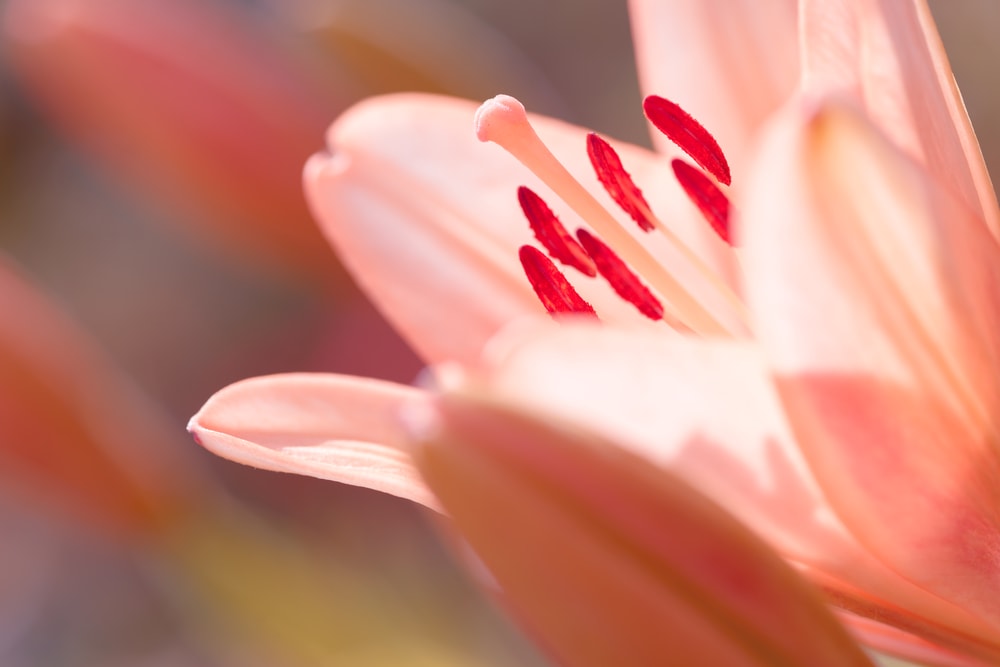
 Even with a clearer definition, the question still remains, what is it about rituals that is so comforting?
Even with a clearer definition, the question still remains, what is it about rituals that is so comforting?
 In many ways, by taking part in rituals, we actively seek peace within ourselves. For example, it gives us a measure of internal peace to pray when someone is sick or injured. Or, after someone we love has died, we receive comfort when we visit their final resting place or do something special and significant on the day of their birth or death. By taking part in ritual, an intentional habit to recall and reminisce, we find comfort and a release for our pain.
In many ways, by taking part in rituals, we actively seek peace within ourselves. For example, it gives us a measure of internal peace to pray when someone is sick or injured. Or, after someone we love has died, we receive comfort when we visit their final resting place or do something special and significant on the day of their birth or death. By taking part in ritual, an intentional habit to recall and reminisce, we find comfort and a release for our pain.
 In much the same way, the funeral is a ritual that humankind has participated in since the beginning of time. Noted author, counselor, and grief expert, Dr. Alan Wolfelt, puts it this way:
“The funeral ritual, too, is a public, traditional and symbolic means of expressing our beliefs, thoughts and feelings about the death of someone loved. Rich in history and rife with symbolism, the funeral ceremony helps us acknowledge the reality of the death, gives testimony to the life of the deceased, encourages the expression of grief in a way consistent with the culture’s values, provides support to mourners, allows for the embracing of faith and beliefs about life and death, and offers continuity and hope for the living.”
By taking part in the elements of a meaningful and healing funeral service, we participate in the long-held and necessary tradition of the funeral. By taking time to mourn, we learn to reconcile with grief and move forward to find continued meaning in life.
Funerals encourage us to remember those we have lost. They bring us together as families, friends, and communities. They offer us peace as we are faced with the reality of our grief and begin to reconcile ourselves to it. Symbols – lighting candles, wearing dark clothing, attending services – give us focus and intentionality. And perhaps most of all, they help us in our search for meaning, our search to understand where we come from and who we are.
In much the same way, the funeral is a ritual that humankind has participated in since the beginning of time. Noted author, counselor, and grief expert, Dr. Alan Wolfelt, puts it this way:
“The funeral ritual, too, is a public, traditional and symbolic means of expressing our beliefs, thoughts and feelings about the death of someone loved. Rich in history and rife with symbolism, the funeral ceremony helps us acknowledge the reality of the death, gives testimony to the life of the deceased, encourages the expression of grief in a way consistent with the culture’s values, provides support to mourners, allows for the embracing of faith and beliefs about life and death, and offers continuity and hope for the living.”
By taking part in the elements of a meaningful and healing funeral service, we participate in the long-held and necessary tradition of the funeral. By taking time to mourn, we learn to reconcile with grief and move forward to find continued meaning in life.
Funerals encourage us to remember those we have lost. They bring us together as families, friends, and communities. They offer us peace as we are faced with the reality of our grief and begin to reconcile ourselves to it. Symbols – lighting candles, wearing dark clothing, attending services – give us focus and intentionality. And perhaps most of all, they help us in our search for meaning, our search to understand where we come from and who we are.